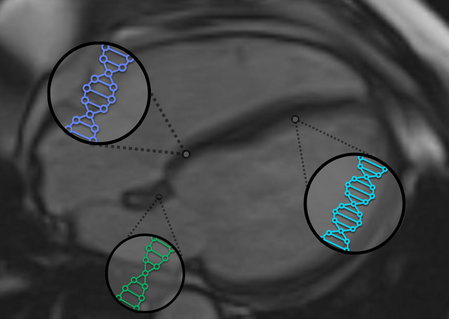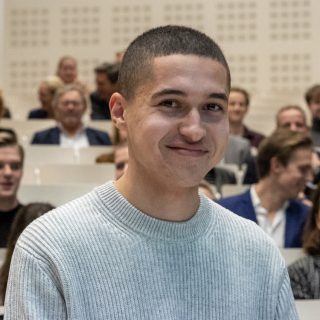
2023
|
2027
Risk prediction and stratification in patients with Dilated Cardiomyopathy
AI for multimodal data analysis for improved diagnosis and treatment in dilated cardiomyopathy

